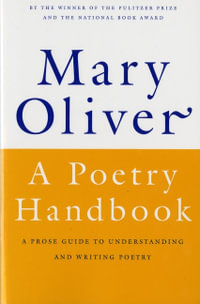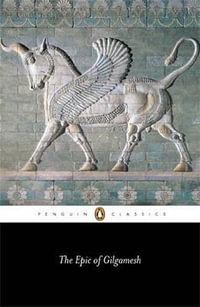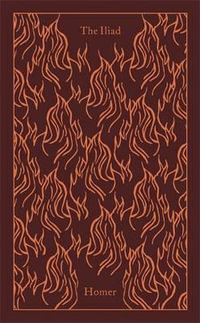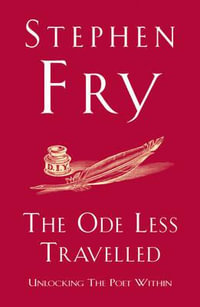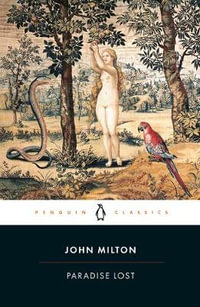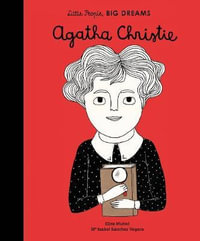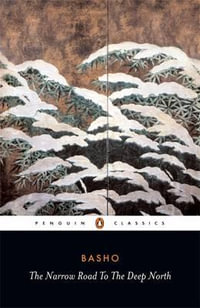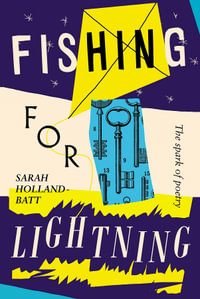This volume is made up of work from the beginning of Wordsworth's career, when he was a Hawkshead schoolboy, until the end of his time at Racedown in mid-1797. Like other volumes in The Cornell Wordsworth series, this book is based on detailed study of the relevant manuscripts. Each poem or fragment is accompanied by a headnote that explains that item's provenance among the manuscripts and examines its literary or biographical background. Most of the work in this volume was never published in Wordsworth's lifetime. (Early works that appear in other volumes of The Cornell Wordsworth have been omitted, but all other work from Wordsworth's early manuscripts, whether a finished piece or a mere jotting, has been included.)
The editors draw heavily on seventeen notebooks or other manuscripts. Fifteen of them are presented in photographic copies; all are described fully in bibliographical terms. Although some writing from the notebooks has appeared in print since the poet's death in 1850, the Landon and Curtis edition supersedes earlier versions in thoroughness and overall reliability. The editors present a plausible new organization of the Vale of Esthwaite materials, an improved sequential versions of the two dirges written at Cambridge, and a substantially enlarged text of the Wordsworth-Wrangham "Imitation of Juvenal." The incomplete "Greyhound Ballad" is one of several fragments appearing in print for the first time.
For more information, please visit the Cornell Wordsworth series website at http://CornellWordsworth.BookPub.net
This volume is made up of work from the beginning of Wordsworth's career, when he was a Hawkshead schoolboy, until the end of his time at Racedown in mid-1797. Like other volumes in The Cornell Wordsworth series, this book is based on detailed study of the relevant manuscripts. Each poem or fragment is accompanied by a headnote that explains that item's provenance among the manuscripts and examines its literary or biographical background. Most of the work in this volume was never published in Wordsworth's lifetime. (Early works that appear in other volumes of The Cornell Wordsworth have been omitted, but all other work from Wordsworth's early manuscripts, whether a finished piece or a mere jotting, has been included.)The editors draw heavily on seventeen notebooks or other manuscripts. Fifteen of them are presented in photographic copies; all are described fully in bibliographical terms. Although some writing from the notebooks has appeared in print since the poet's death in 1850, the Landon and Curtis edition supersedes earlier versions in thoroughness and overall reliability. The editors present a plausible new organization of the Vale of Esthwaite materials, an improved sequential versions of the two dirges written at Cambridge, and a substantially enlarged text of the Wordsworth-Wrangham "Imitation of Juvenal." The incomplete "Greyhound Ballad" is one of several fragments appearing in print for the first time.For more information, please visit the Cornell Wordsworth series website at http://CornellWordsworth.BookPub.net
Industry Reviews
"Masterfully compiled ... Extensive featuring of the notebooks and manuscripts that make up the texts."-Studies in English Literature, 1500-1900 "This magnificent definitive edition could not be more comprehensive"-Nineteenth-Century Literature "Early Poems and Fragments is a substantial tome... It is an admirable undertaking, admirably executed."-English Studies "Intriguing continuities and distinctions appear across these two volumes: most of the pieces collected in Early Poems were not published in Wordsworth's lifetime or even after, although he evidently quarried them for phrases and directions he reworked in other poems while most of what appears in Last Poems was published or reissued. Both volumes make use of manuscripts written on separate sheets, large and small, as well as notebooks. The most compelling of the latter may be the one, described in Early Poems, whose fine leather binding and paper suggest that it was the notebook Wordsworth remembers being given as a very young man. Its still unfilled sheets were an invitation to write, which he took up again and again."-Theresa M. Kelley, Journal of English and German Philology

